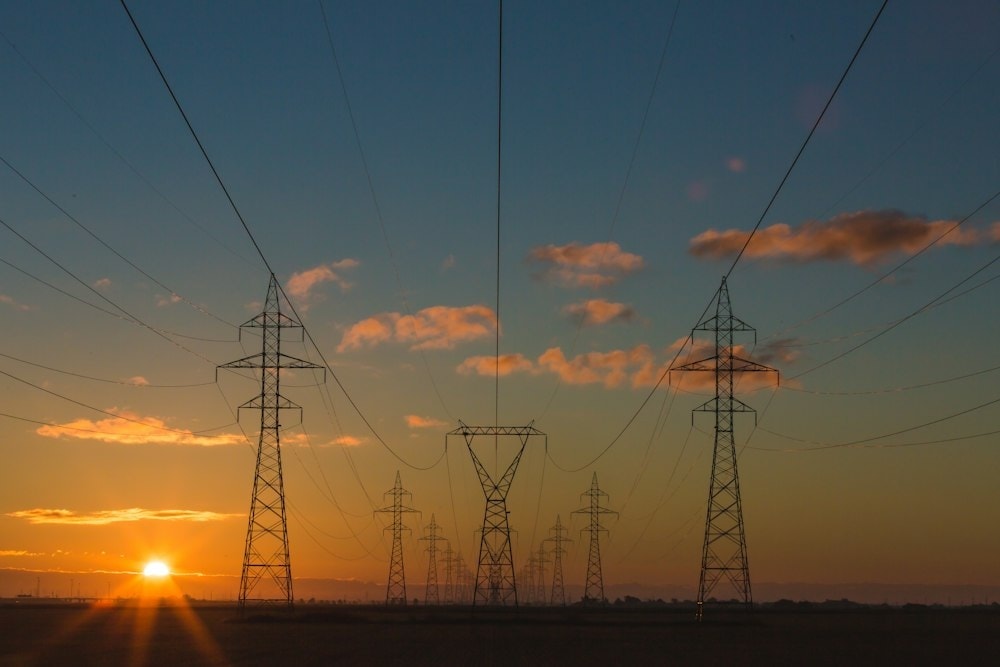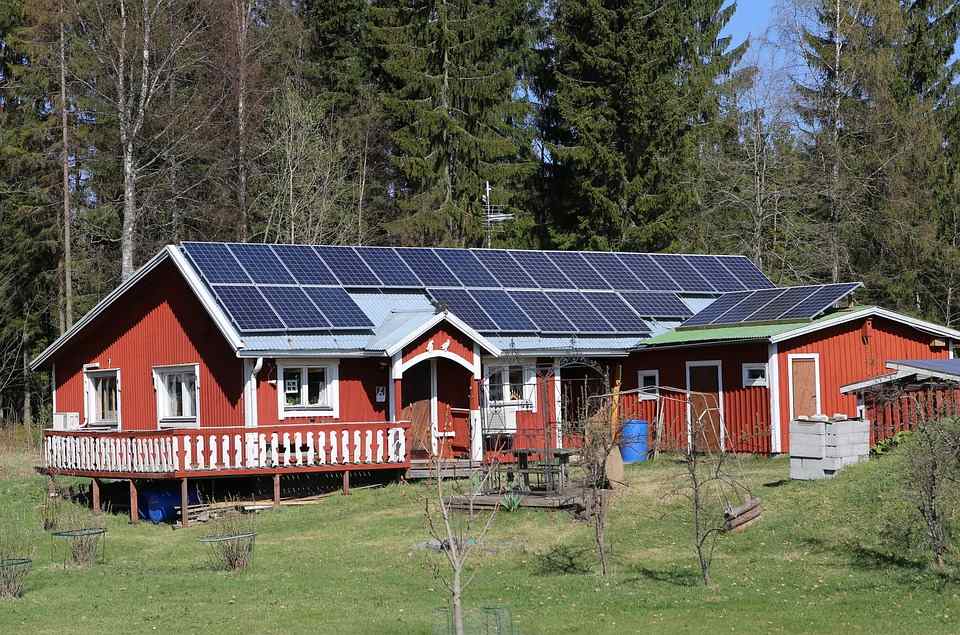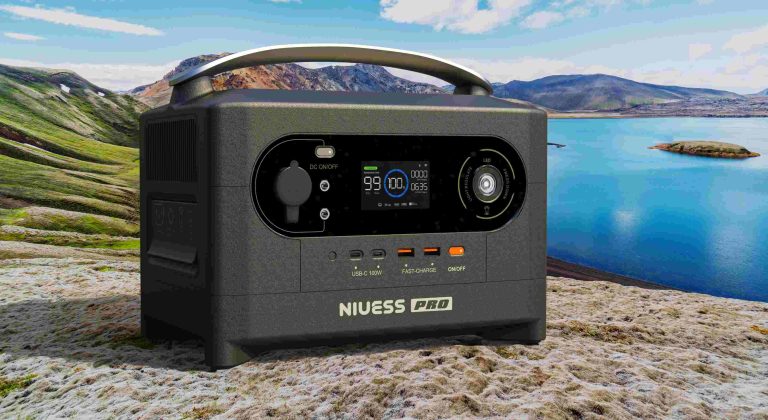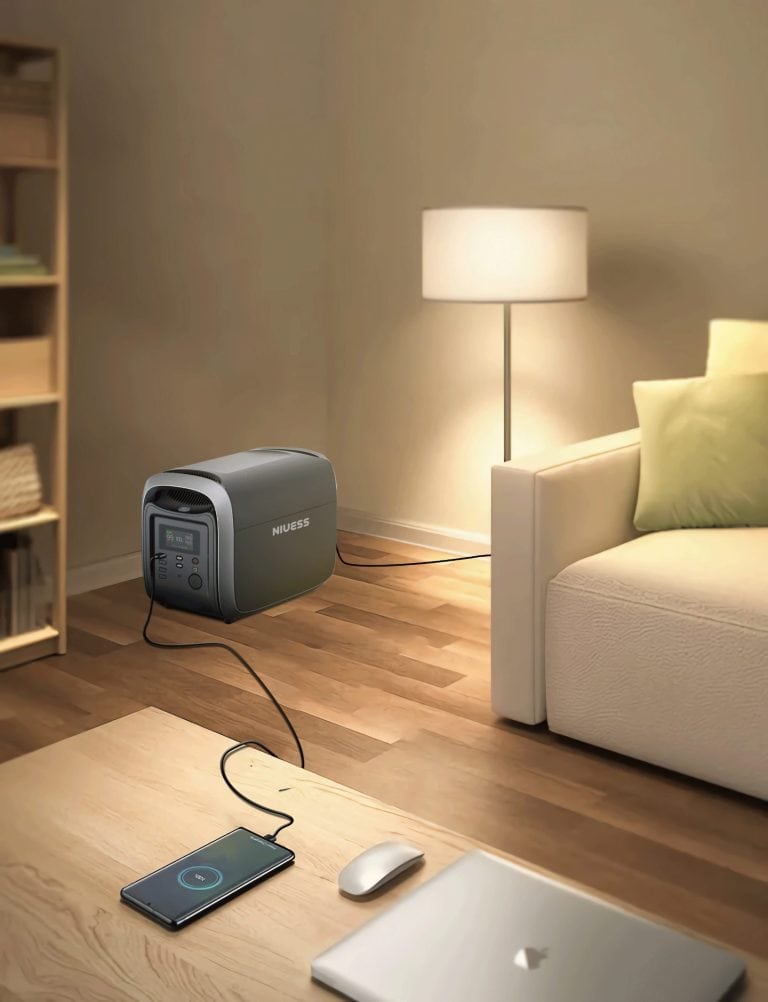With the rapid development of renewable energy and people’s pursuit of energy independence, energy storage systems for homes have become a topic of great concern. Home energy storage systems represent a pathway to a sustainable and independent energy future. They empower households to manage their energy efficiently, reduce reliance on traditional power sources, and make a positive impact on the environment. With ongoing advancements, cost reductions, and supportive policies, energy storage systems for homes are poised to play a significant role in transforming the energy landscape.
This article explores what home energy storage systems are, how they work, and their potential to achieve sustainable energy and energy independence.
What is definition of energy storage systems for homes?
Energy storage systems for homes are an innovative energy solution designed to better coordinate the production and consumption of renewable energy. It reduces reliance on the traditional grid by storing electrical energy in batteries or other energy storage devices, allowing households to tap into the stored energy when needed. The main function of a home energy storage system is to balance energy supply and demand, improve energy efficiency, and provide backup power during peak hours or power outages.
What are the key features of energy storage systems for homes?
Reduce costs and dependence on traditional grids: Energy storage systems for homes can help households make better use of renewable energy and reduce their reliance on traditional energy, thereby reducing energy costs. When the traditional power grid fails or has a power outage, the home energy storage system can provide backup power to ensure the basic power needs of the family. Most importantly, energy storage systems for homes are charged through solar energy. The system can convert solar energy into electrical energy to provide power for home appliances, which offer households the possibility of energy independence from being completely dependent on the traditional grid, allowing for a more sustainable, environmentally friendly lifestyle.

Capacity is expandable: The capacity of a energy storage system for homes can be selected based on the home’s energy needs and budget. Smaller system capacity is suitable for some basic emergency backup power needs, while larger system capacity can meet higher energy needs or even achieve complete energy independence. In addition, home energy storage systems are often scalable, allowing storage capacity to be added at any time based on the needs of the home.
Integrated with hybrid inverter: Support on-off grid function. It help s optimize home energy management, reduce energy costs and contribute to the energy transition and sustainable development..
What is the on off-grid function of energy storage systems for homes?
Energy storage systems for homes support and off-grid capabilities enable homes to become energy independent. This provides households with greater flexibility and autonomy, allowing them to operate off the grid and be powered independently when needed.
The grid-connected functionality of a home energy storage system enables the home to draw additional energy supplies from the grid when needed. When the solar power system cannot meet the household energy needs, the energy storage system can automatically draw power from the grid.
By connecting to the grid, energy storage systems for home enable smart energy management and optimization. The system can monitor grid electricity prices and power demand and adjust energy use and storage according to the most cost-effective and efficient way. This helps households maximize their use of stored energy during periods of low electricity prices and use the reserve energy during peak periods, thereby reducing household energy costs.
The grid connection function of home energy storage systems provides households with the opportunity to participate in the energy market. Some regions allow households to connect energy storage systems to the grid and use excess storage capacity for electricity market transactions. Households can financially benefit from buying and selling energy based on grid demand and electricity price fluctuations.

How energy storage systems for homes work?
Energy storage systems for home typically consist of renewable energy generation equipment (such as solar panels), energy storage equipment (such as battery banks or energy storage systems), and energy management systems. The home energy storage systems convert solar energy into electrical energy and supplies it to household electrical equipment. At the same time, excess electrical energy will be stored in batteries or energy storage systems.
When renewable energy supply is insufficient or additional energy is needed, households can draw stored electrical energy from energy storage devices to meet household electricity needs. Therefore, energy management systems are responsible for monitoring and controlling the production, consumption and storage of household energy to ensure efficient operation of the system.
What is advantages and potential of energy storage systems for homes?
As an innovative energy solution, energy storage systems for homes provide important support for the utilization of renewable energy and energy independence.
With the continuous development of technology and the gradual reduction of costs, home energy storage systems will play an even more important role in the future. It can not only help individual households achieve energy self-sufficiency. Which but also contribute to the sustainable energy transition of society as a whole.
Therefore, it is of great significance to further use and develop the application of home energy storage systems, it helps to build a cleaner, greener future.





